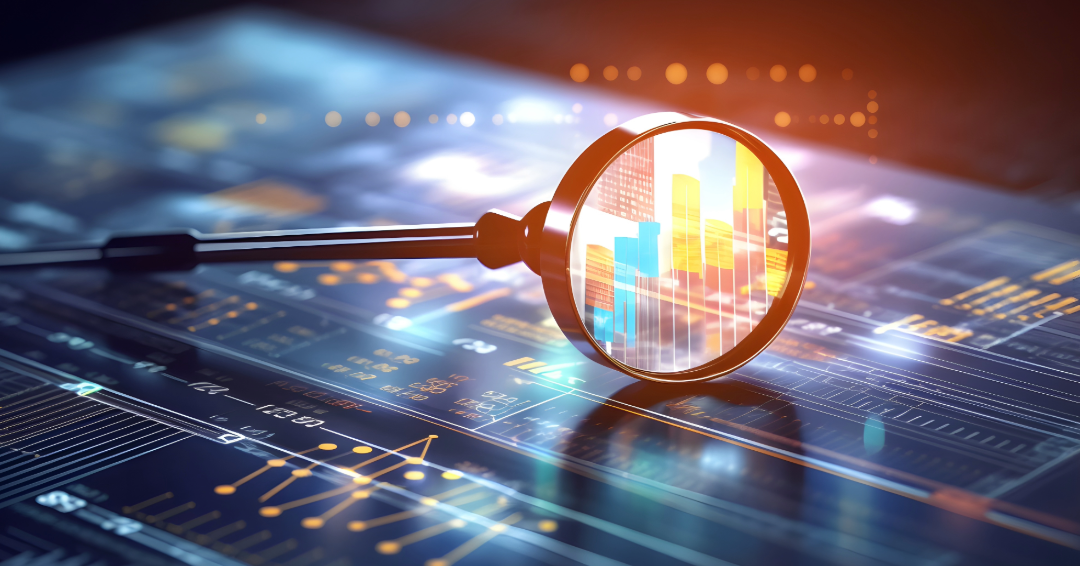Artificial Intelligence (AI) is rapidly transforming the service industry, reshaping job roles, and redefining operational efficiency. This evolution prompts a critical question: Will AI take over your job, or will it create new opportunities?
Jobs AI Is Replacing and Those Requiring Human Expertise
AI’s capability to automate repetitive and data-driven tasks has led to the replacement of certain roles:
- Customer Service Representatives: AI-powered chatbots and virtual assistants can handle routine inquiries, reducing the need for human agents. For instance, companies like Interactions LLC develop Intelligent Virtual Assistants that integrate conversational AI to manage customer care efficiently.
en.wikipedia.org - Data Entry Clerks: Robotic Process Automation (RPA) enables the automation of data entry tasks, minimizing human intervention. This shift allows employees to focus on more strategic activities.
en.wikipedia.org
However, roles that require emotional intelligence, complex decision-making, and human creativity remain less susceptible to automation:
- Healthcare Professionals: While AI can assist in diagnostics, the empathetic patient care provided by doctors and nurses is irreplaceable.
- Creative Professionals: Artists, writers, and designers rely on human creativity and cultural nuances that AI has yet to master.
Impact of AI-Powered Tools on Businesses
The integration of AI-powered chatbots, virtual assistants, and automation tools has significantly impacted business operations:
- Enhanced Customer Engagement: AI chatbots provide 24/7 support, handling multiple inquiries simultaneously and improving customer satisfaction. In industries like retail and finance, chatbots have achieved conversion rates as high as 70%, boosting sales and engagement.
softwareoasis.com - Operational Efficiency: Automation of routine tasks reduces human error and frees employees to focus on complex projects. For example, AI assists in scheduling meetings and managing emails, streamlining workflows.
newo.ai
The Future of AI and Human Collaboration in the Workforce
The trajectory of AI suggests a collaborative future where AI handles routine tasks, and humans focus on areas requiring critical thinking and emotional intelligence:
- Job Transformation: While AI may replace certain jobs, it also creates new roles in AI oversight, maintenance, and ethics. The development and refinement of AI systems necessitate human expertise, leading to emerging professions in these areas.
builtin.com - Enhanced Productivity: AI tools can augment human capabilities, leading to increased productivity and innovation. For instance, AI aids in drafting communications and analyzing data, allowing professionals to focus on strategic decision-making.
wsj.com
Why Choose MPS?
At MPS, we specialize in bridging the gap between AI tools and skilled professionals. Our solutions are designed to enhance service efficiency by integrating cutting-edge AI technologies with human expertise. We ensure that businesses not only adapt to the evolving landscape but thrive by leveraging the strengths of both AI and their workforce.
Embrace the future of the service industry with MPS, where innovation meets human touch.


Nice post. I learn something totally new and challenging on websites
Very well presented. Every quote was awesome and thanks for sharing the content. Keep sharing and keep motivating others.